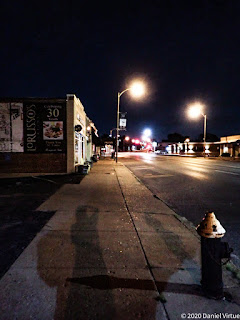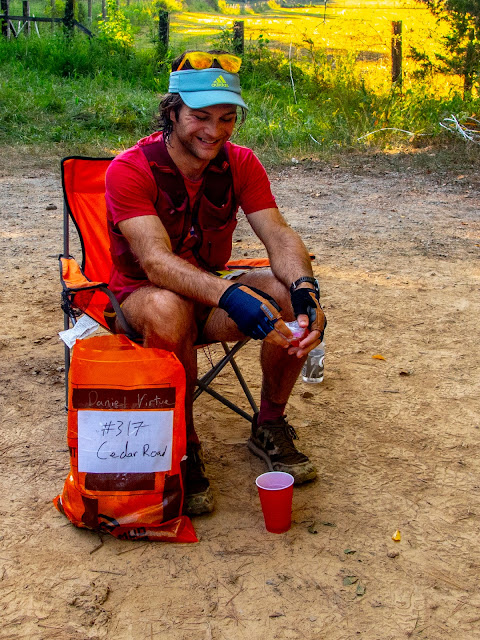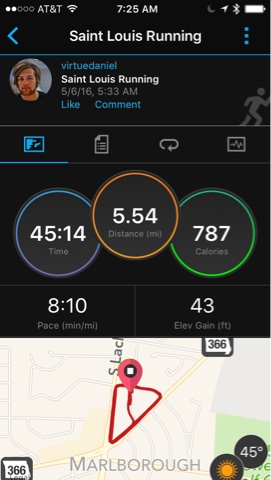Day 4,004 —4 Days and 3 Runs until the Potawatomi 200: Buying Food and Reconsidering my Sleep Plan—
I have had so many other things on my mind, but now I am focused on preparing for the 200-mile race and trying to get something done to prepare for the race daily. This weekend I needed to work on school stuff and prepare for the race, so I knew that there was a lot of pressure to be productive over the weekend when usually it is challenging enough to do the typical family and chore-related activities, but it was freeing not to have to run a lot this weekend, and I had a relative amount of energy because I have only done a little over 20 miles this week, but I tested out my new trail shoes, and I was disappointed to see that one of my shoes new laces wasn’t done right, so I worked on fixing that when I got back home only to realize that I would have to try a different lace for this shoe.
I did, however, spend a lot of money on food. I spent more than the entry fee for the race at the grocery store today. I then proceeded to put all the food into clear plastic bags. It is amazing how much food is just the packaging. It might not seem like an essential element, but it takes a lot of time to open bags, and not knowing for sure the amount of what is in a bag is annoying too, so I find it both essential and educational to learn how much food is really in the products I buy.
Yesterday, I listened to a podcast and watched some YouTube videos of people who had completed a 200-mile race. It was probably talking to Jake that convinced me that I should reconsider my approach. He didn’t say anything directly, but maybe he was just talking to someone else about my initial plan to sleep between 2 and 4 hours each night.
I had read books about those who had run 200-mile + races and talked to some people about it, but I don’t remember a lot of what people said about sleep strategies. Listening to people who had done it, they both said they initially thought of a strategy like me: planned times to go to sleep and to sleep for a decent amount of time each night, 2–4 hours; however, they both realized that there was no major benefit in getting more sleep. Instead, they indicated that long nights of sleep made it more difficult to start back the next day.
Part of me thinks that might be different for me because I am used to running a lot the next day; even when I have done a 100-mile run, I still run the next day; however, I thought about my initial strategy for a 100-mile run and how I planned to sleep for a while on that one, but it just made things worse.
So, I am going to plan to still sleep and rest as much as I want, but I don’t think I am going to plan to sleep for longer than 2 hours, and in general, my goal will be to take more frequent naps ranging from 20 minutes until an hour. This might not be the best strategy, but it goes with the logic for all my runs. You have to sprint the downhills and walk the hills, i.e., if you feel good keep going, and if you don’t slow down and possibly take a nap.
I still have a lot to do, but I have never been more prepared before a race. I got my clothes, my food, and a lot of my gear already packed. I might need to get a handful of more things at the store, but it won’t be a lot.







Comments
Post a Comment